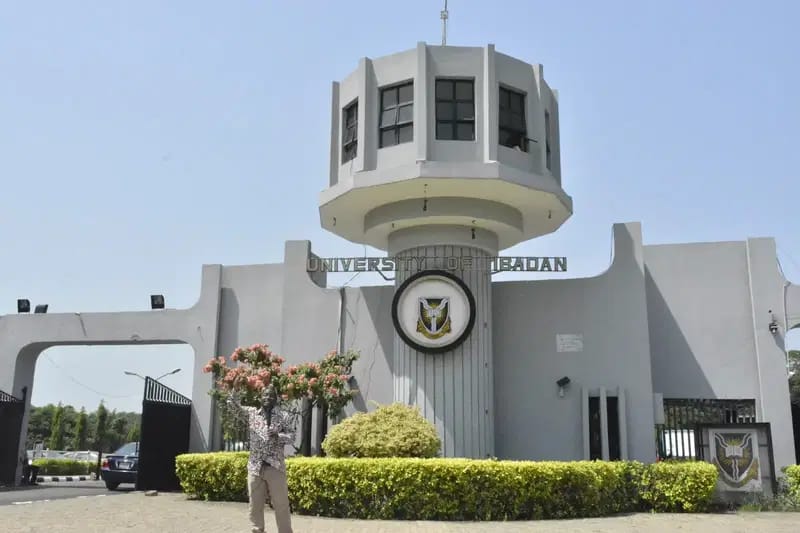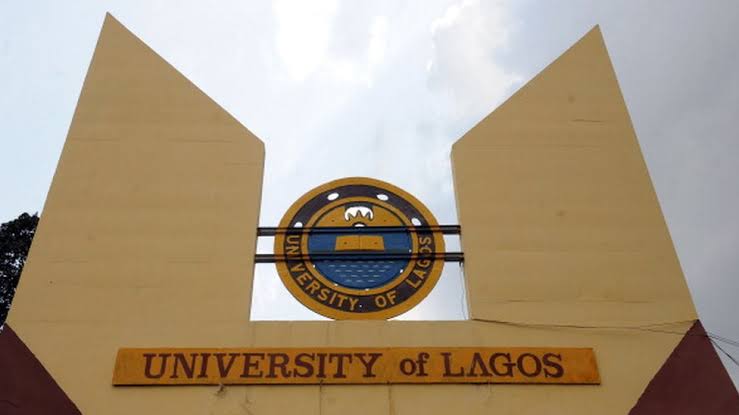In a tragic incident that has shaken the entire Gombe academic community, a cooking gas explosion at Gombe State University hostel left at least three students hospitalised. The explosion, which occurred at the female hostel annex of the institution, sparked panic among students and staff, raising serious concerns about hostel safety and fire prevention measures in Nigerian universities.
According to eyewitnesses and reports, the fire outbreak was triggered by a gas cylinder explosion used for cooking within the hostel premises. The blast left several properties destroyed and injured students were immediately rushed to the hospital for treatment.
This article provides a detailed breakdown of the incident, the aftermath, and what this means for hostel safety across Nigerian campuses.
Gombe State University Hostel Gas Explosion: What Happened?
The unfortunate incident occurred on Thursday evening when a suspected cooking gas cylinder exploded inside the female student hostel annex. The sudden explosion quickly escalated into a fire, causing panic as students ran for safety.
- Number of victims: Three students sustained injuries and were hospitalised.
- Cause of explosion: Suspected faulty gas cylinder or mishandling of cooking gas.
- Extent of damage: Parts of the hostel were destroyed by fire, with personal belongings, documents, and property reduced to ashes.
This marks yet another hostel fire incident in Nigeria, spotlighting the urgent need for stricter safety regulations in student accommodation.
Why Did the Cooking Gas Explosion Happen?
Experts suggest that the frequent use of gas cylinders in hostels without proper regulation or inspection is a major cause of such accidents. Some contributing factors include:
- Poor maintenance of gas cylinders and regulators.
- Lack of ventilation in hostel kitchens or rooms.
- Improper storage of gas cylinders close to flammable materials.
- Absence of fire extinguishers and emergency response equipment in student hostels.
- Overcrowded hostels, leading to unsafe cooking practices.
Reactions from Students and Authorities
Following the Gombe State University gas explosion, students took to social media to express fear, concern, and anger over what many described as avoidable negligence. Some blamed hostel management for failing to enforce safety standards, while others demanded a ban on individual gas cylinders in hostels.
The university management and emergency services have since launched an investigation to determine the root cause of the explosion and provide support for affected students.
Hostel Safety Concerns in Nigerian Universities
This is not the first time a student hostel fire outbreak has been reported in Nigeria. Similar cases have occurred in universities such as:
- University of Lagos (UNILAG) hostel fire incidents.
- University of Calabar (UNICAL) gas explosion reports.
- Kaduna Polytechnic and other tertiary institutions experiencing fire outbreaks due to electrical faults or gas leakage.
These recurring tragedies raise important questions:
- Are Nigerian universities adequately prepared for hostel fire emergencies?
- Do student hostels undergo regular safety inspections?
- Should cooking gas be banned inside hostels, replaced with safer communal kitchens?
Safety Measures That Should Be Implemented
To prevent future cooking gas explosions in Nigerian university hostels, the following safety measures must be prioritised:
- Regular hostel inspections by fire service and safety experts.
- Ban on private gas cylinders in student hostels, with provision of centralised and supervised kitchens.
- Installation of smoke detectors and fire alarms in all hostels.
- Mandatory fire drills for students and hostel wardens.
- Provision of fire extinguishers on every hostel floor.
- Safety awareness campaigns to educate students about the dangers of gas mishandling.
Impact of the Explosion on Students
The Gombe State University hostel fire has left many students displaced, traumatised, and uncertain about their academic future. Some students lost valuable belongings such as:
- Laptops and mobile phones.
- Academic materials (books, notes, certificates).
- Personal items like clothes and food supplies.
Beyond the physical injuries sustained by the victims, the psychological impact on the student community is immense.
Conclusion
The cooking gas explosion at Gombe State University hostel is a stark reminder of the urgent need to prioritise safety in Nigerian student accommodations. While three students were hospitalised and thankfully no lives were lost, the tragedy could have been much worse.
Authorities must take this as a wake-up call to enforce stricter hostel safety regulations, improve fire prevention infrastructure, and protect the lives of students who are Nigeria’s future leaders.
Students, on their part, must also follow safety guidelines, avoid risky cooking practices, and always report faulty gas cylinders or electrical hazards in their hostels.
As Nigerian universities continue to expand, safety must remain the number one priority in hostel management.






